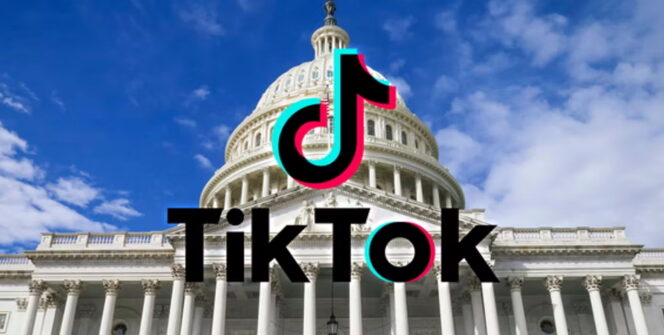TECH NEWS – Lawyers for ByteDance are going all the way to the U.S. Supreme Court in an effort to escape the U.S. banhammer.
Last year, we reported that the upper house of the US legislature, Congress, had passed a law forcing ByteDance to sell TikTok or be blocked from accessing it in the US because they believe the platform can be used for political manipulation and surveillance. TikTok, of course, disagrees and says they are being unfairly attacked. They added that any ban would restrict the freedom of expression of the US user base.
The case has already been heard by lower courts that have sided with the US government, and in a typical case the Supreme Court would be unlikely to overturn those rulings. However, this case is getting juicy because President-elect Donald Trump’s lawyers have filed a legal motion stating that he opposes the ban on TikTok and wants to use political means to resolve the issues at hand once he takes office. Trump supported banning the platform in his first term, but this intervention shouldn’t affect the Supreme Court’s decision… but since nothing like this has happened before, who knows what will come of it.
The law against TikTok was supported by both Democrats and Republicans and followed years of controversy over the wildly popular platform, particularly its alleged ties to Chinese authorities and its influence on young Americans. The United States is not alone in these concerns: TikTok has already been banned in India and is subject to targeted restrictions elsewhere (for example, it is banned on government devices in the UK). For its part, TikTok denies Chinese Communist Party influence and is asking the Supreme Court to declare the law unconstitutional, or at least delay its implementation to allow for a review. But some believe TikTok’s days are numbered in its current form, even if it is given more time or the opportunity to make a deal with Trump.
“I don’t see any president, including future President Trump, being able to resolve this in a way that’s satisfactory for US national security because I don’t think ByteDance will agree to it. It’s about control and how the Chinese Communist Party in particular and the Chinese government in general are pursuing strategic objectives using many Internet companies and particularly social media companies – including TikTok in particular,” attorney Peter Choharis, member of the Foundation for Defense of Democracies think tank, told the BBC.
Some TikTok users in the U.S. have filed lawsuits in support of the platform, while the American Civil Liberties Union and the Freedom of the Press Foundation have also sided with TikTok, saying the U.S. government has not provided credible evidence to support the claims of manipulation. The controversial ban is set to take effect on January 19, 2025, with Trump’s inauguration scheduled for January 20 at noon Eastern Time. A decision from the Supreme Court is expected before that date…















